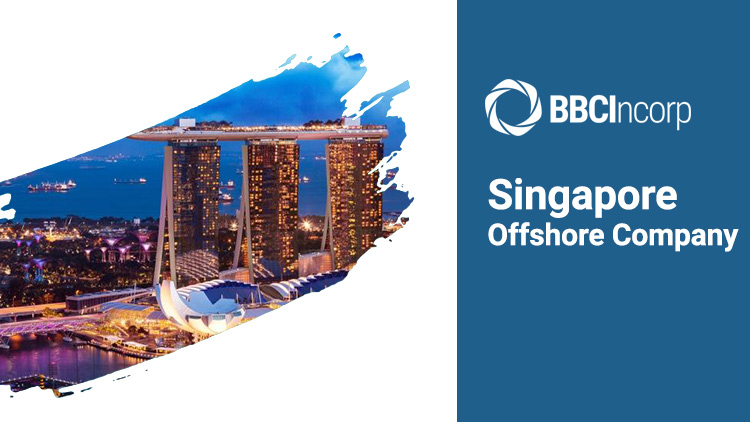
As Singapore is a commodity trade center connecting Asia and the wider world, opening a Singapore offshore company is one of the best ways for international investors to access the Asia market.
This means there have already been numerous investors putting up their venture capital to this land and work on the materialization of their small company into a large corporation.
But there is a common misconception when it comes to the offshore company in Singapore, which needs to be clarified.
1. Singapore Offshore Company: A Misconception
An offshore company is a company operating in a jurisdiction outside of an investor’s home country. Companies legally move their business overseas usually for favorable tax treatments and relaxed regulations.
When it comes to offshore jurisdictions, there is an inclination to think that all offshore countries are tax havens.
A tax haven refers to a jurisdiction that requires very low or no tax liability from foreign individuals and businesses. Therefore, these places are often taken advantage of by multinational corporations for illegal activities such as money laundering and tax evasion.
Since Singapore is well-known for providing foreign businesses with favorable tax incentives, it is often thought to be a tax haven.
2. Is Singapore a Tax Haven Country?
The short answer is no. In general, all business-related activities are properly regulated in Singapore legal documents such as the Income Tax Act or the Companies Act.
As different from tax havens, the country’s legal framework guarantees a high degree of tax transparency with the international community while providing a favorable tax system that gives economic benefits to foreign entrepreneurs.
In addition, Singapore is also a member of many global organizations. Some of which include:
- The Financial Action Task Force (FATF), the oversight body of Anti-Money Laundering and Combating the Financing of Terrorism activities.
- The Common Reporting Standard (CRS) is a standard on the exchange of financial information on a global scale. This CRS was developed as part of the Automatic Exchange Of Information (AEOI) by the Organisation for Economic Co-operation and Development (OECD) and other tax authorities.
Singapore has modified its banking secrecy laws to prevent “harmful tax competition” practices and contribute to global jurisdictional tax transparency.
Singapore’s exchange of information on request overall score is rated as “Compliant” with international tax transparency standards, as assessed by the Global Forum. This is the highest overall rating given to a jurisdiction.
The above reasons are part of why there are numerous businesses emerging in this city-state every year.
Below are the reasons why you should consider incorporating a Singapore offshore company.






0 Comments